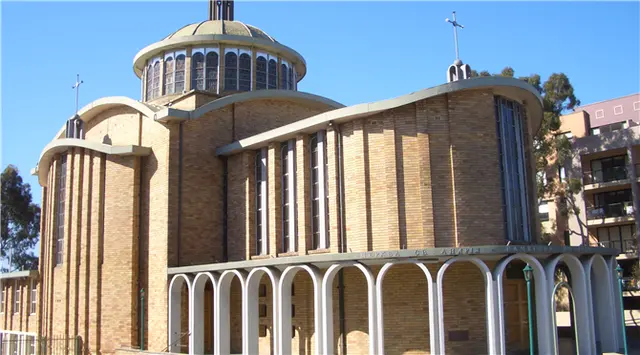Churches around Australia on Thursday announced they will be bringing back the age-old concept of sanctuary in order to provide protection for asylum seekers who are to be sent to detention on Nauru.
On Wednesday, a High Court ruling rejected a claim from a Bangladeshi refugee that Australia's off-shore detention center on Nauru was illegal under the nation's constitution, meaning 267 refugees who were in Australia receiving medical treatment would be shipped back to the detention center.
However, on the back of protests held around the country, a number of churches around Australia have announced they would shelter refugees in the name of sanctuary - a practice used throughout the Middle Ages in which fugitives were immune from arrest while in a church.
Dr Peter Catt, Dean of St John's Anglican Cathedral in Brisbane, said while sanctuary has not been legal for hundreds of years, attempt has to be made to protect the vulnerable asylum seekers from being shipped back to the poor conditions faced on Nauru.
"Sanctuary is a moral concept rather than a legal concept," Catt told 3AW radio on Thursday.
"(But) this is a hugely significant action for any Australian church to take. Historically, churches have afforded sanctuary to those seeking refuge from brutal and oppressive forces."
"We're pretty sure all that we're going to be able to do is use the moral force, and the idea is that it would be quite a bad look for people to be dragged out of churches."
Meanwhile Priest Kevin Dillon from St Mary's of the Angels in Geelong said a number of churches across the country were already doing great work in helping refugees.
"When push comes to shove, the church really can't do much (if authorities want to take illegals), but it's doing an enormous amount already," Dillon told 3AW radio.
Immigration Minister Peter Dutton and Prime Minister Malcolm Turnbull have been under increased pressure not to ship the asylum seekers back to Nauru, with a throng of MPs and refugee activist groups labeling the potential decision to deport the 267 asylum seekers - including 37 babies - as "torture" and "child abuse."
One medical professional who has been treating the refugee children said it would be unconscionable to send the children back to Nauru.
Dr Hasantha Gunasekera said the children currently in Australia receiving medical attention are among the most traumatized he has seen "in 50 years of combined professional experience."
Breaking his silence on the matter on Thursday, Dutton said the government was dealing with the refugees on a "case by case" basis, but said the government would "not put children into harm's way."
"The arrangements we have in place is to look at individual cases," Dutton said. "If there are exceptional circumstances in individul cases and we're happy to look at that and that's always been the case."
"We've brought people from Nauru if there is additional medical support needed and we've provided that to them. That will continue. "
 简体中文
简体中文

